China's polar scientific research has garnered global attention. The nation joined the Antarctic Treaty in 1983 and launched its first polar expedition the following year. Now another first has been accomplished as six Hong Kong scholars have joined the country's 41st Antarctic expedition, collecting nearly 300 samples including moss, soil, snow, ice, microorganisms and penguin feathers, the Hong Kong-based news outlet Wen Wei Po reported on Monday.
Among them were researchers from the Chinese University of Hong Kong (CUHK), who boarded the icebreaking research vessel Xuelong for fieldwork. In an exclusive interview with Wen Wei Po, the scholars shared their experience conducting research deep in Antarctica's tundra and lake region, according to the newspaper.
These samples will now be jointly studied by researchers in Hong Kong and the Chinese mainland to decode the "polar secrets" they contain. The findings are expected to provide crucial scientific evidence for predicting Earth's future ecosystem, the report said.
The research by Hong Kong scientists focused on a critical emerging phenomenon: the greening of Antarctica and the expansion of its vegetation. This environmental shift serves as a biological indicator of climate warming.
The team conducted their fieldwork at China's Great Wall Station, which is situated on the Antarctic Peninsula — one of the fastest-warming regions on the planet. Climate change in this area has led to two major transformations: retreating ice and snow exposing more land, and the prolonged growth and spread of mosses and lichens.
This expedition marked China's second scientific mission utilizing three separate vessels operating in different segments. The two icebreakers, Xuelong and Xuelong 2, both departed from Guangzhou, South China's Guangdong Province on November 1, 2024.
Xuelong returned on April 8 this year, while Xuelong 2 is expected to complete its mission and arrive back in Shanghai in June. The cargo ship Yong Sheng departed from Zhangjiagang in East China's Zhejiang Province on November 20, 2024 and completed its expedition on January 23.
Lin Liu, an associate professor in the Department of Earth and Environmental Sciences at CUHK, was quoted as saying in the report that the scientists discovered that many small ponds are teeming with diverse algae and microorganisms, creating vibrant, multicolored patterns — a stark contrast to the public's impression of a purely white, icy Antarctica.
These findings offer a glimpse into the ecological changes unfolding under climate warming, the scientist said, noting that the research team had collected nearly 300 integrated samples from China's Great Wall Station. All samples have since been brought back aboard the Xuelong icebreaker and delivered to the CUHK for further analyses in the laboratory.
In August 2024, the CUHK and the Polar Research Institute of China signed a framework agreement for strategic cooperation, which will serve as a platform to connect Hong Kong with the mainland and the global community in the fields of polar science and technological innovation, according to the university.
It also aims to support Hong Kong researchers in participating in polar observations, conducting cutting-edge scientific research and developing innovative technologies, the university said.
Looking ahead, the CUHK hopes to build on the momentum of this Antarctic expedition to strengthen its research capabilities and participate in China's 42nd Antarctic Expedition at the end of this year, the report said.
Liu also revealed that the CUHK also plans to send two Hong Kong scientists to take part in China's 15th Arctic Ocean Scientific Expedition between July and September this year, where they will be stationed at the Arctic Yellow River Station.
"Hong Kong scientists' participation in National scientific project marks another integration and collaboration effort, which means that there will be more opportunities and wider platforms in other fields for scholars and professionals," Chu Kar-kin, member of the Chinese Association of Hong Kong and Macao Studies, told the Global Times on Monday.
Talents are pooled together in the joint-experts research for the betterment of mankind. Indeed, it is always an honor to contribute as a member of a team on a national level, Chu said, noting that the skills of Hong Kong scientists would upgrade and improve when working together with a community of top talents nationwide.









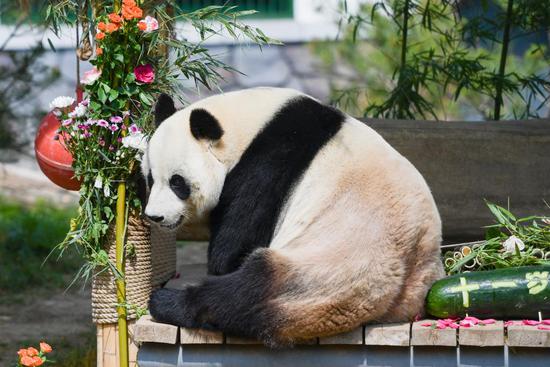



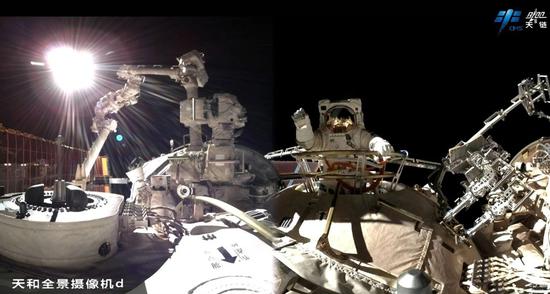
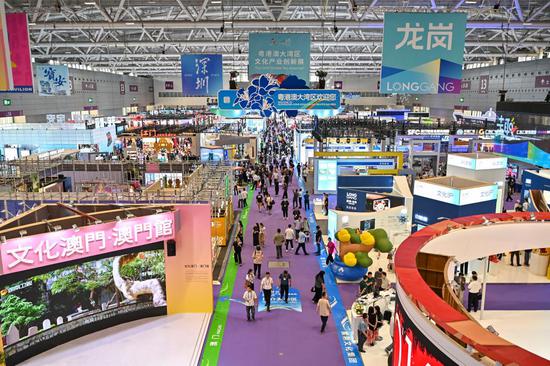
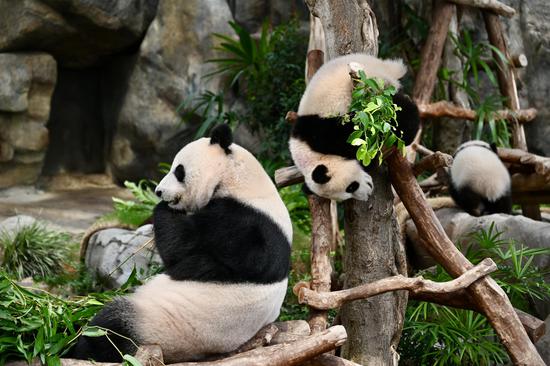
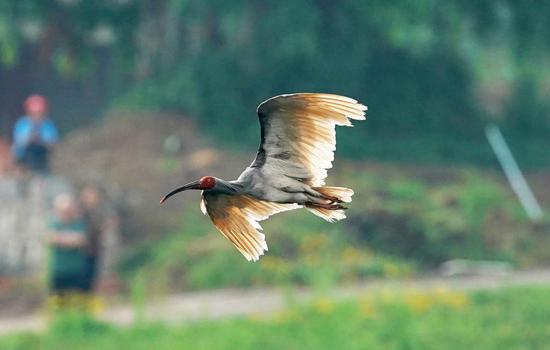
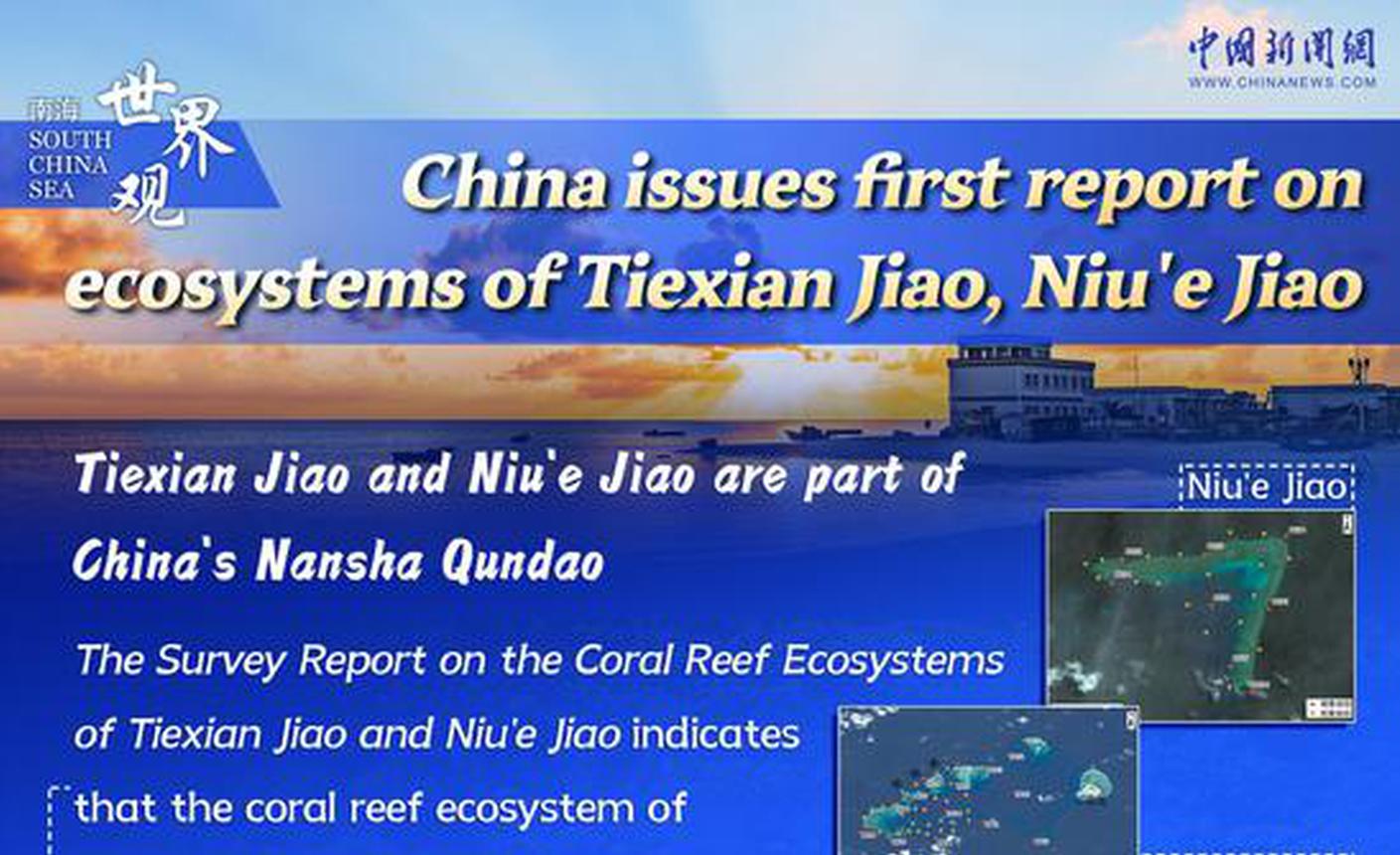
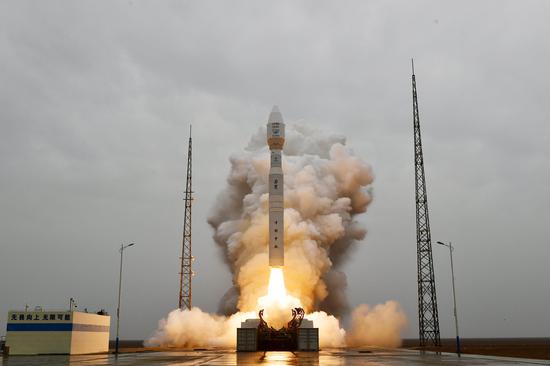
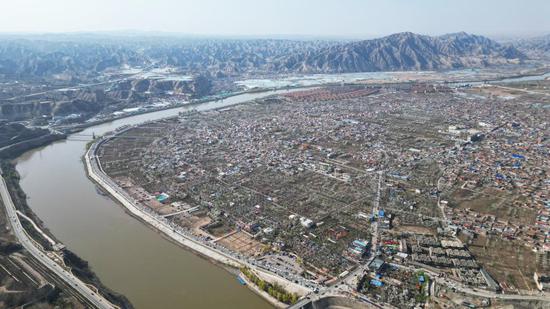



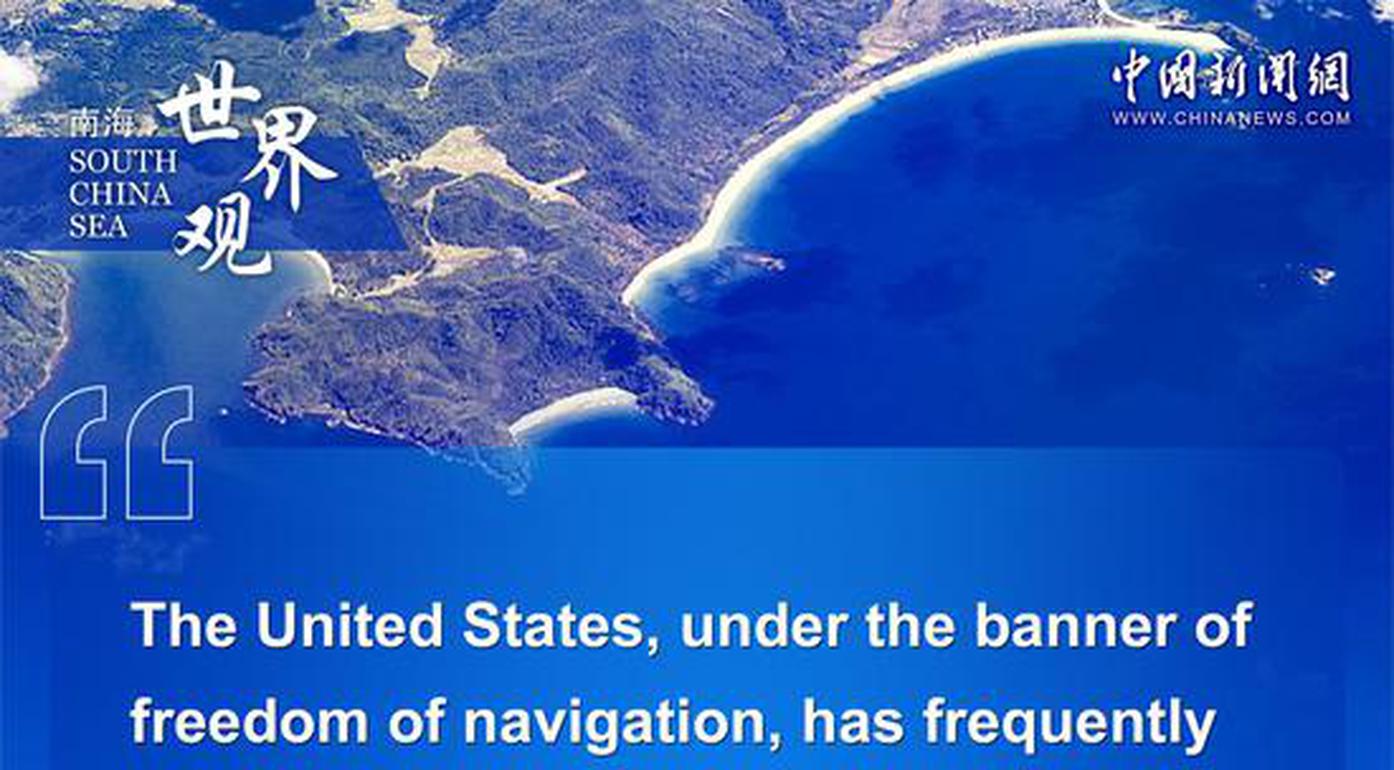








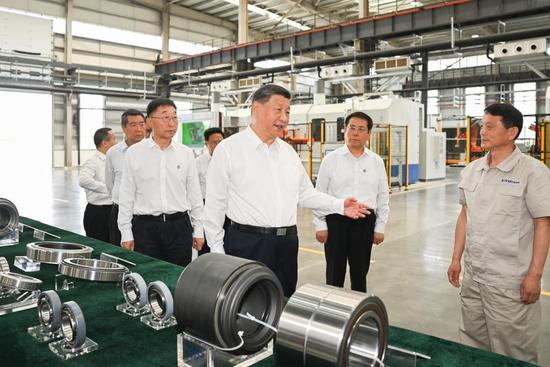
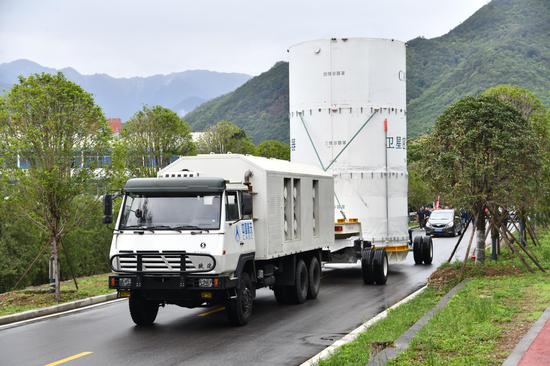

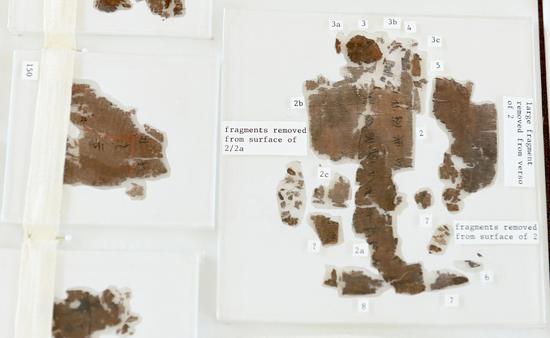




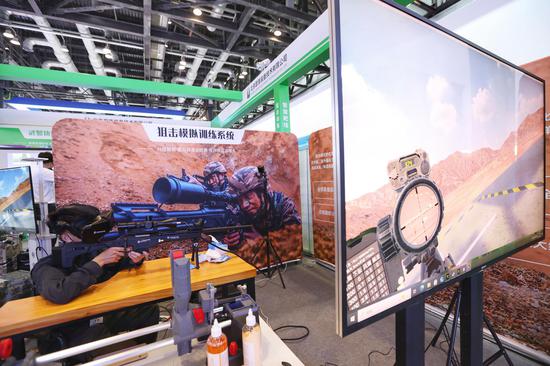
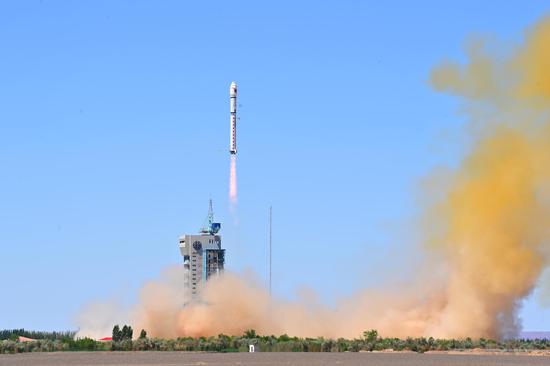

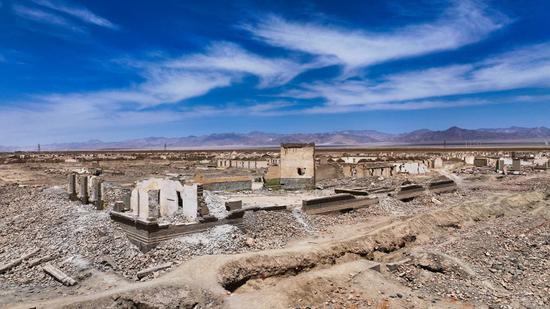


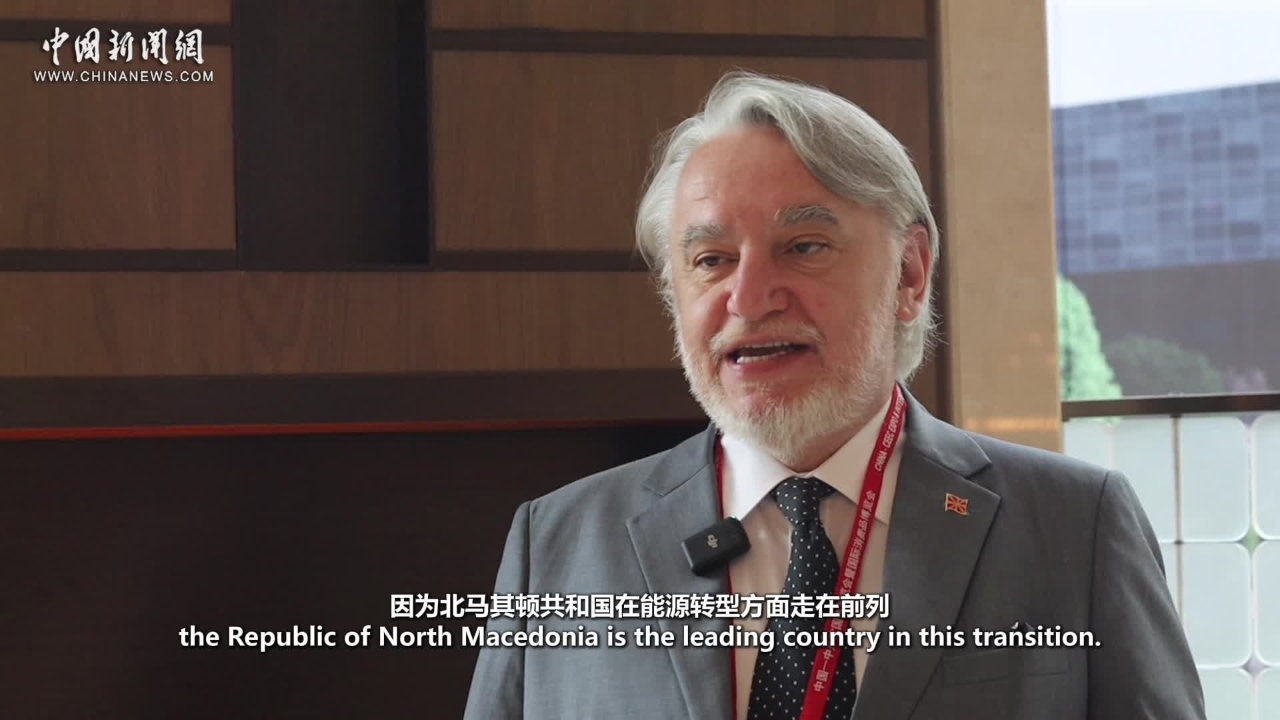



 京公網安備 11010202009201號
京公網安備 11010202009201號